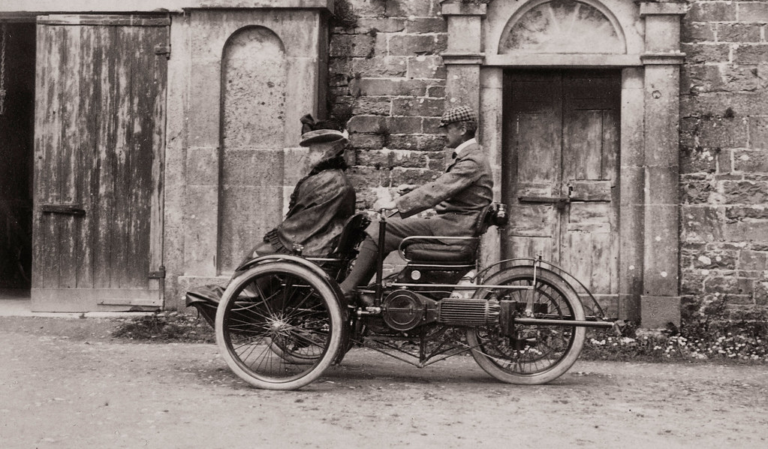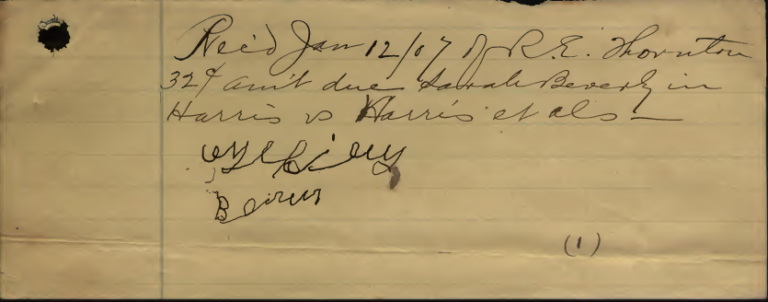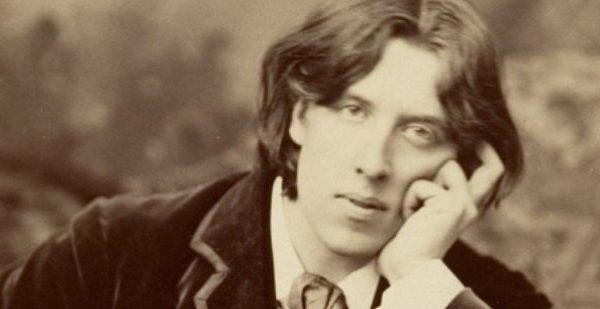The Family You Choose
The Family You Choose
In college my housemates and I once drew a social map of our class. This is similar. A web, not a tree.
I’ve always been prone to intense friendships. Not best friendships, necessarily, or not in the one-and-only sense. I’m of the Mindy Kaling school on that point: “best friend” is a tier, and mine is a wide one. I get deeply emotionally invested in relationships with my friends, sometimes completely sucked in. I’m in such constant touch with one of my best friends (see above) that I’m convinced that if I were ever to disappear, he’d call the police before my mother or roommates or boss noticed I was missing. I recently read an interview with Hanya Yanagihara (see below) in which she occasionally answered the interviewer’s questions with a friend’s opinions as well as her own, and I couldn’t help laughing in recognition. I do that, too.
So it’s no surprise that I love the literature of friendship. I love reading about the ones that work and the ones that don’t, friendships that struggle and flounder. I have derived a huge amount of relief from Jenny Offill and Elissa Schappell’s collection of essays about female friend-breakups, The Friend Who Got Away, while suffering through one of my own. I will say, though, that the existence of that collection seems to confirm an idea that I hear often and believe not at all, which is that men don’t have real friends. That cannot be true, and for evidence I direct you to Hanya Yanagihara’s phenomenal new novel, A Little Life, which I read in under twenty-four hours even though it is over seven hundred pages long.
A Little Life is a heartbreaking book in which a child is unbearably mistreated and suffers for the rest of his life as a result. It is also a book that glows with love. It is a book that made me happy even as I wept over it because the friendships in it are so strong. Not uncomplicated, not absolute—realistic and profound and good. I feel the same way about Truth & Beauty, Ann Patchett’s memoir of her friendship with the poet Lucy Grealy. Both are portraits of friendship that leave nothing out, least of all the unbearable strength of the love involved.
In case you need more proof of male friendship, or need cheering up after A Little Life and Truth & Beauty, which is almost as painful, I’d suggest Chad Harbach’s The Art of Fielding. As is fitting for a college novel, its protagonist, Henry Skrimshander, has two of the best friends anybody could hope for. One, Schwartz, recruits him from small-town North Dakota to play baseball at the fictional Westish College, setting him on a path toward the Major Leagues; the other, Owen, teaches him how to belong at Westish in the meantime. For me, the greatest joy of the book is the immediacy with which Henry trusts Schwartz and Owen—how he follows them, puts his faith in them, lets them help him—and how much they work to deserve that trust.
Of course, there are plenty of novels about friends who violate each other’s trust. Elena Ferrante’s Neapolitan trilogy, to start, but I’ve told you I love her work so many times, there’s no need to do it again. Besides, there are so many more options. There’s Sheila Heti’s How Should A Person Be?, in which the main character, who is a playwright, wrestles with a friendship with an artist named Margaux, who she cannot stop herself from competing with and envying and emulating.
There’s The Brief Wondrous Life of Oscar Wao, in which Yunior befriends Oscar in an attempt to win over Oscar’s sister Lola, then realizes too late that he cares about Oscar himself. There’s Diary of the Fall, whose nameless narrator befriends a classmate on whom he’s helped play a terrible prank in an attempt to win back a trust that’s irreparably broken. There are so many books whose characters sleep with their friends’ partners and exes and parents and siblings. (See: Claire Messud, The Woman Upstairs for #1 and The Emperor’s Children for #3.)
But the truth is, none of those novels is fundamentally about friendship. They all have other major concerns. What I love so much about A Little Life and My Brilliant Friend is that Yanagihara and Ferrante put friendship at the core of their work. They believe in it. They accord it huge importance, and I love their books because I do, too.


